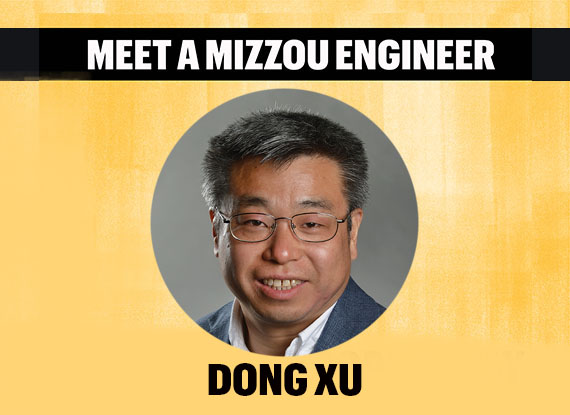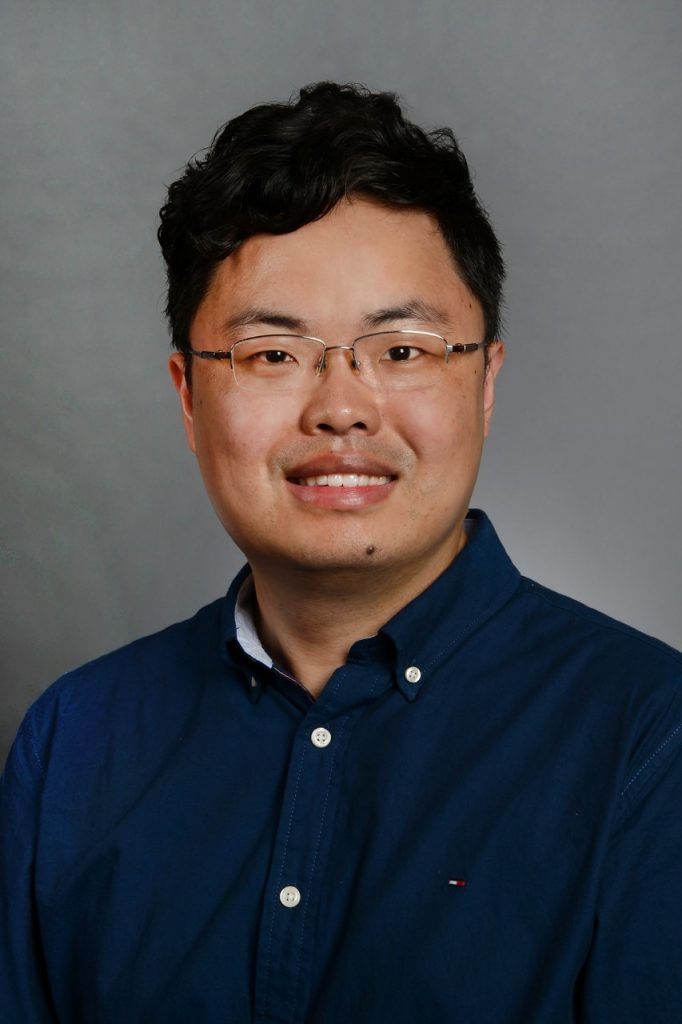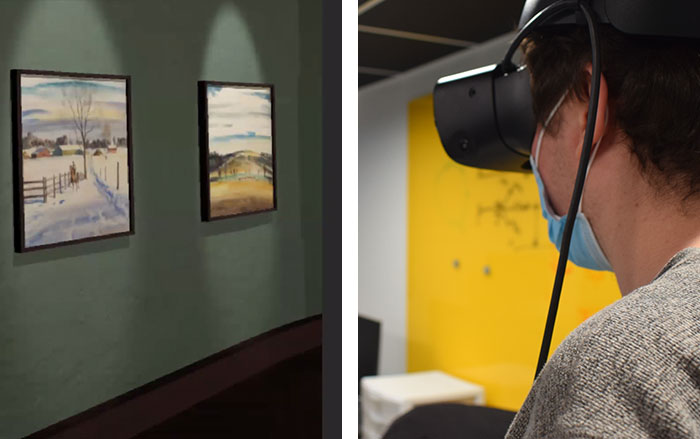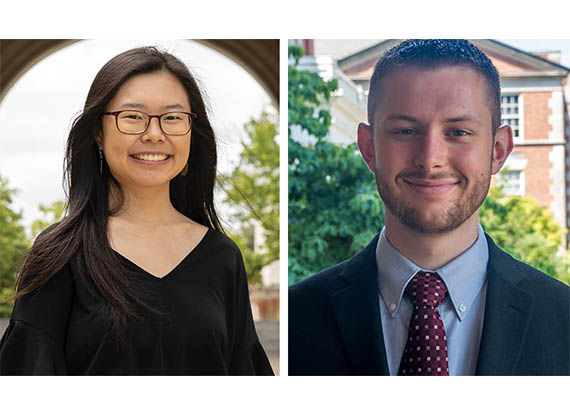
Optimizing local food systems in cities
Feeding a growing urbanized U.S. population which also wants increased sustainability and locally sourced food presents a major challenge. One part of the solution could be to optimize food production in urban areas, according to research performed by a team including Associate Professor Ron McGarvey.

Meet Dong Xu
Computational capabilities, medical breakthroughs and biological advancements are accelerating at lightning speeds. A Mizzou Engineering researcher is keeping up. Meet Dong Xu, a bioinformatics expert whose fingerprints can be seen across Mizzou Engineering and the MU campus.

Yan honored with UM System Presidential Faculty Award
Mizzou Engineering’s Zheng Yan has received the 2021 UM System Presidential Faculty Award for Career Excellence Early Career – STEM. Yan is an assistant professor, holding a joint appointment between the Department of Biological, Biomedical and Chemical Engineering, and the Department of Mechanical & Aerospace Engineering.

IT Students Create Virtual Gallery for Museum Collection
Mizzou Engineering students are putting the final touches on an interactive art exhibit that will allow visitors to view paintings without ever stepping inside a museum. The exhibit is being created digitally for a virtual reality (VR) experience.

Robotics Expert: Gen Z Will Usher in Era of Advanced Robots
Today’s robots are good at performing single tasks. You can buy an autonomous robot, for instance, to vacuum your house. A true single helper robot that can vacuum, cook and wash the dishes? That could be a while, but Dale Musser believes Generation Z will usher in the era of advanced robotics.

Robotics Expert: New Type of Computing Needed for AI Revolution
Robotics have come a long way since Gui DeSouza was defending his dissertation on automated systems for automotive production lines in the 1990s. But he believes it will take a new type of computing before we see the lifelike robots made popular in science fiction.

Mizzou Engineer Applies Love of Film to Color Research Project
Junior Josh Ward has always been a movie buff. So when he had the opportunity to use what he’s learned in his computer science courses to help analyze award-winning films, he was thrilled to get involved. Ward is now part of a research team looking into mathematically quantifying color palettes from 50 movies that have won an Academy Award or been runner-up for best cinematography over the past 10 years.

Two Mizzou Engineers Named Goldwater Scholars
Two Mizzou Engineering students have been named Goldwater Scholars, making the University of Missouri the only school in the state with more than one recipient.

Krishnaswamy Receives VentureWell Faculty Grant
Kiruba Krishnaswamy, an assistant professor in the Department of Biomedical, Biological and Chemical Engineering with a joint appointment in Food Science (CAFNR), received a Fall 2020 VentureWell Faculty Grant, in a statement from the organization. This grant recognizes Krishnaswamy’s commitment to inclusive support of students who are creating innovations for positive social and environmental impact.

Detecting COVID-19 with a sticker on your skin
One day, a wearable, bioelectronic device could wirelessly transmit a person’s vital signs — potentially providing critical information for early detection of health issues such as COVID-19 or heart disease — to a healthcare provider, eliminating the need for an in-person visit while also saving lives.